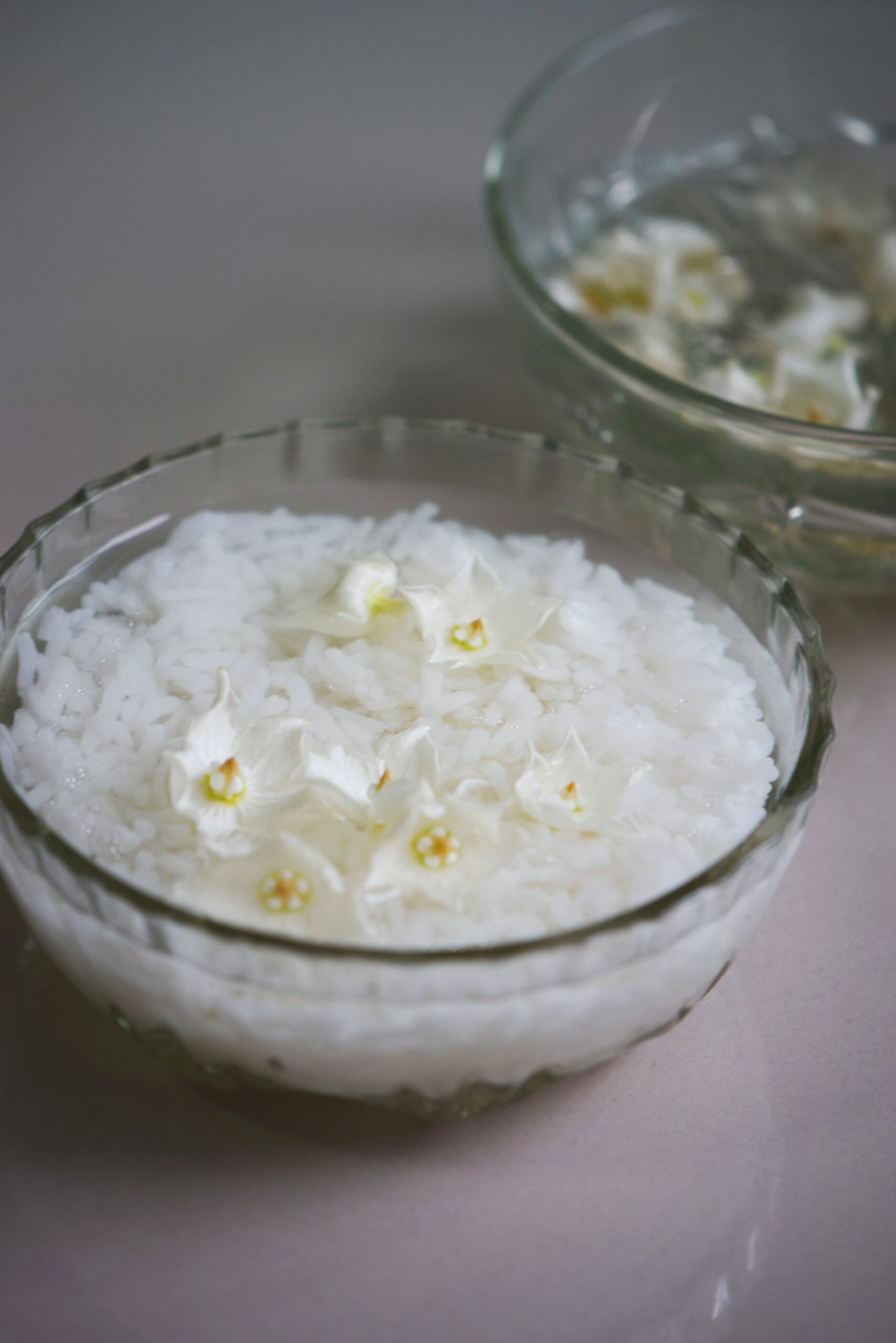Rice water is the best to get rid of any hair problems.
Hair care: In the monsoon season, the problem of hair loss, hair loss is more. During the monsoon season, sweating increases due to humidity and steam. This sweat increases the…
Hair care: In the monsoon season, the problem of hair loss, hair loss is more. During the monsoon season, sweating increases due to humidity and steam. This sweat increases the…
How to prevent skin pigmentation: Blemish-free skin is desired by everyone. Even after many efforts, the effect of age is noticeable on the skin. Especially, the effect of age is…
Stay Dry and Confident: Top Tips to Banish Sweating Problems! What is the fastest way to stop sweating? Currently, the rainy season has started, but since the vapor in the…
“How to Keep Your Bed Sheets Clean and Fresh: 11 Effective Ways” When it comes to maintaining a clean and hygienic sleeping environment, changing your bed sheets regularly is of…
Author: Dr. Priyanka Reddy (MBBS, MD, DVL) Founder, DNA Skin Clinic & Wellness Center SKIN CARE IN MONZOON: Epidemics increase in monsoons. There is an increase in cases of viral…










